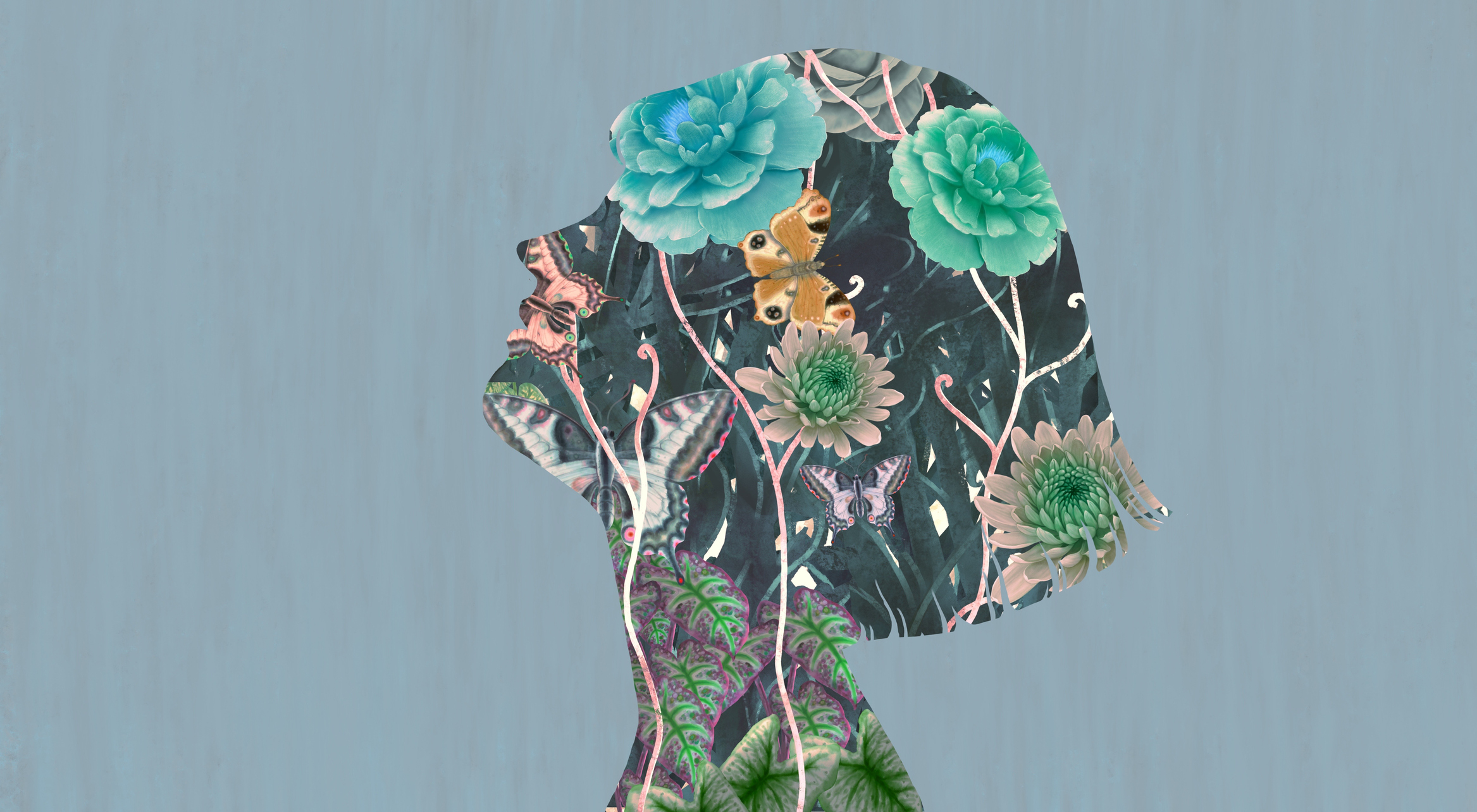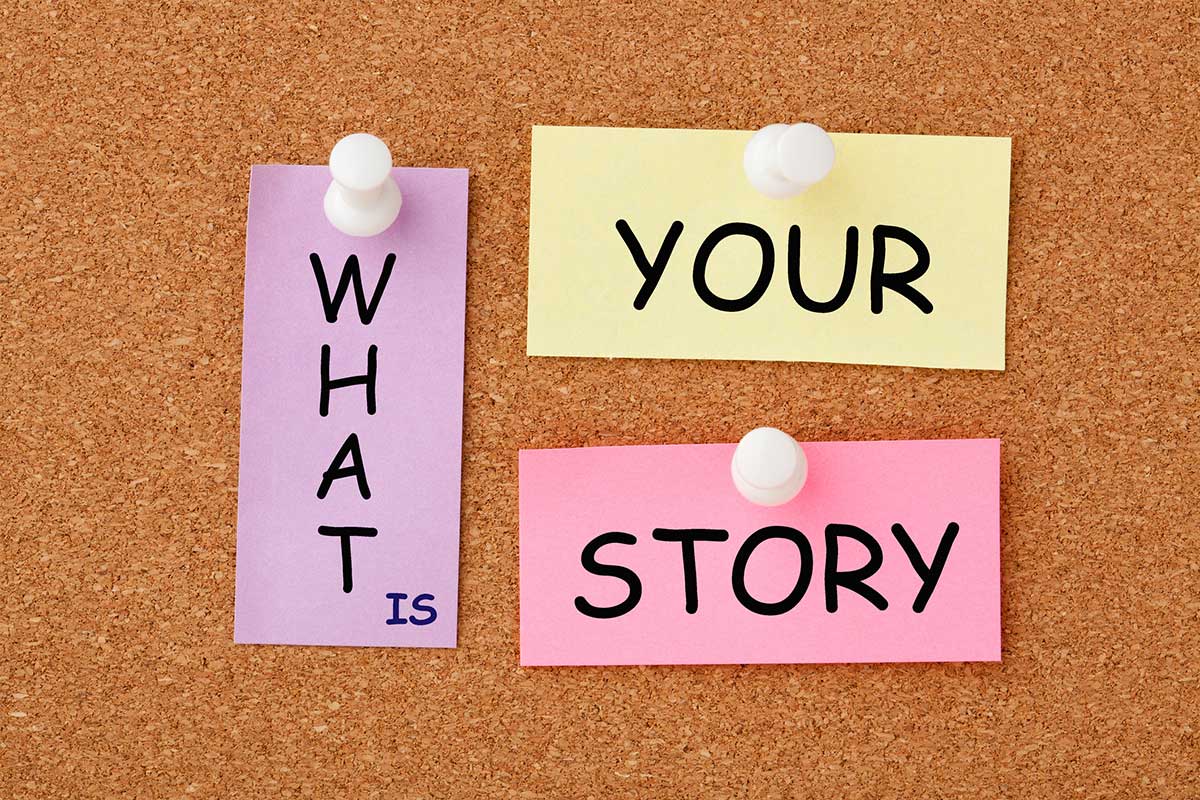Avery’s story — Part 2
Picking up where we left off in Part 1, the latter part of my assessment with Avery, we talked about the goals she wanted to achieve.
One goal, very important to Avery, was not participating in the diet culture. Instead, she wanted to figure out a way to authentically focus on weight management. The focus would be to manage her weight by managing her time around work, in a way that allowed more movement, primarily outdoors when possible. Further, as a remote employee, Avery wanted to take advantage of being out and about in her community, which was a great launching point for her goals.
In our next session, we revisited her weight management goals in relation to her initial intent for coaching — to manage her hypertension and put into place behavioral strategies, in an organic way, which would be central to her agency.
We discussed the notion of her weight management journey not being about deprivation. The focus would be to identify the benefits of certain foods, eat those specific foods, and create meals that would support her nutritional plan, while lowering her sodium intake.
Making strides in her journey, Avery started to look at the bigger picture of managing her weight. She has implemented grocery delivery, in tandem with, experimenting with different recipes, prepping meals in advance, and charting out her physical activities and progress, making sure to note any variance in what she wants and what is happening. All of these activities will allow her to live in her power.
Additionally, she has incorporated the use of Cardi Health, the cardiovascular health app, to give her support outside of our coaching sessions.
Avery also shared how traveling outside the U.S. gave her the opportunity to integrate her well-being strategies in a new setting. She detailed taking stock of her hunger cues, her energy level, and ways to incorporate opportunities for movement as a contemplative and relaxation practice.
 While her travels seemed to go well, upon her return, Avery experienced a life-changing event; she had to find another apartment quickly. As if having to uproot her life was not stressful enough, during her search for a new place, she experienced racism in the process. The combined stressors resulted in her forgetting to eat in a way that supported her well-being objectives.
While her travels seemed to go well, upon her return, Avery experienced a life-changing event; she had to find another apartment quickly. As if having to uproot her life was not stressful enough, during her search for a new place, she experienced racism in the process. The combined stressors resulted in her forgetting to eat in a way that supported her well-being objectives.
As she communicated the happenings, I posed this question to Avery,
“How might you offer yourself grace in difficult situations, while staying the course of what is meaningful to you?”
One strategy she came up with was to have food on-hand that would support her blood pressure management objective, to make sure that she had visual cues to engage in physical activity, and to drink water. At the same time, she would honor and acknowledge any feelings that emerged, without labeling them bad or good.
In a continued pursuit to craft a well-being vision for herself, Avery is encouraged to think about her baseline habits that can be maintained and drawn upon when she feels stressed, along with a sustained effort to healthfully navigate her hypertension diagnosis.
From my point of view, Avery is on the pathway of figuring out the cadence of how she cares for herself authentically, being in her own power.
Thanks for taking time to follow Avery’s story and be sure to stay tuned as I share more client stories.
At BETA Coaching & Consulting, we partner with clients to co–create ecosystems of well–being that help the individual’s and the organization’s purposes be in harmony with one another. We believe that well–being is not achieved alone; it is an interconnected societal web where we strive to thrive.


 She indicated her stress was somewhat intense, which could possibly be related to her health and managing her medical condition. Given the situation she was facing, making sure she had the energy to consistently perform at work and engage in her life, was a real priority for participating in the coaching process.
She indicated her stress was somewhat intense, which could possibly be related to her health and managing her medical condition. Given the situation she was facing, making sure she had the energy to consistently perform at work and engage in her life, was a real priority for participating in the coaching process. 
 Additionally, she is forging relationships that she finds supportive. Most recently, Karen joined an interactive and engaging journaling group for women, where each woman writes what pieces of herself define them beyond their trauma. The journal group has been helpful with her social anxiety and has brought her closer to her coaching aspiration.
Additionally, she is forging relationships that she finds supportive. Most recently, Karen joined an interactive and engaging journaling group for women, where each woman writes what pieces of herself define them beyond their trauma. The journal group has been helpful with her social anxiety and has brought her closer to her coaching aspiration.
 Heather is a black female chaplain, in a male-dominated organization, experiencing pressures within her work environment. Another distressing aspect of her life was the 55-and-over community where she lives. As one of the only women of color in her community, she expressed not feeling a sense of connectedness.
Heather is a black female chaplain, in a male-dominated organization, experiencing pressures within her work environment. Another distressing aspect of her life was the 55-and-over community where she lives. As one of the only women of color in her community, she expressed not feeling a sense of connectedness.
 Although maintaining a very hectic work schedule, Avery has been able to find some balance by taking part in such activities as roller skating, listening to live music, socializing with friends, and going on walks. Learning this about her, I felt it was a great time to ask,
Although maintaining a very hectic work schedule, Avery has been able to find some balance by taking part in such activities as roller skating, listening to live music, socializing with friends, and going on walks. Learning this about her, I felt it was a great time to ask, 





 This was a reflective activity and Kevin was invited to enter the process either through journaling or talking over the inquiry with his circle of influence. Playing the ukulele was a way he derived pleasure–a hobby that he and his daughter shared and brought much enjoyment to his week. He found getting out for camping trips with friends plus taking both virtual ukulele and guitar lessons were fulfilling.
This was a reflective activity and Kevin was invited to enter the process either through journaling or talking over the inquiry with his circle of influence. Playing the ukulele was a way he derived pleasure–a hobby that he and his daughter shared and brought much enjoyment to his week. He found getting out for camping trips with friends plus taking both virtual ukulele and guitar lessons were fulfilling.
 A professional and a community leader, Maureen was beginning to think about what the next chapter of her professional life might be. The original focus, reimagining work, was still top of mind along with how she envisioned her legacy. Over time, journaling also activated her sadness, so the activity was suspended. Redirecting her attention to doing calming practices, prayer, and meditation, Maureen created space both physically and emotionally to name the sadness related to the uncertainties of the pandemic.
A professional and a community leader, Maureen was beginning to think about what the next chapter of her professional life might be. The original focus, reimagining work, was still top of mind along with how she envisioned her legacy. Over time, journaling also activated her sadness, so the activity was suspended. Redirecting her attention to doing calming practices, prayer, and meditation, Maureen created space both physically and emotionally to name the sadness related to the uncertainties of the pandemic.